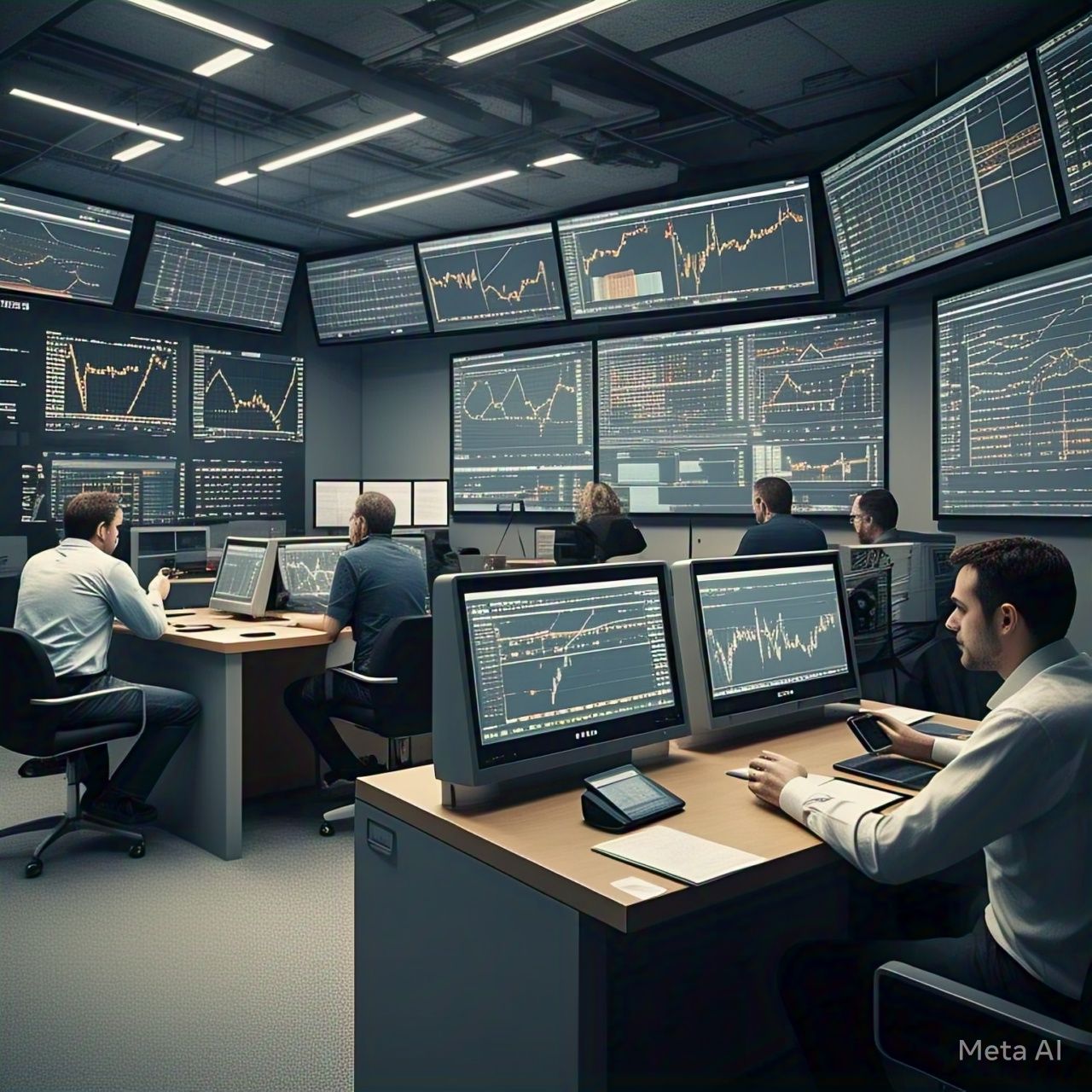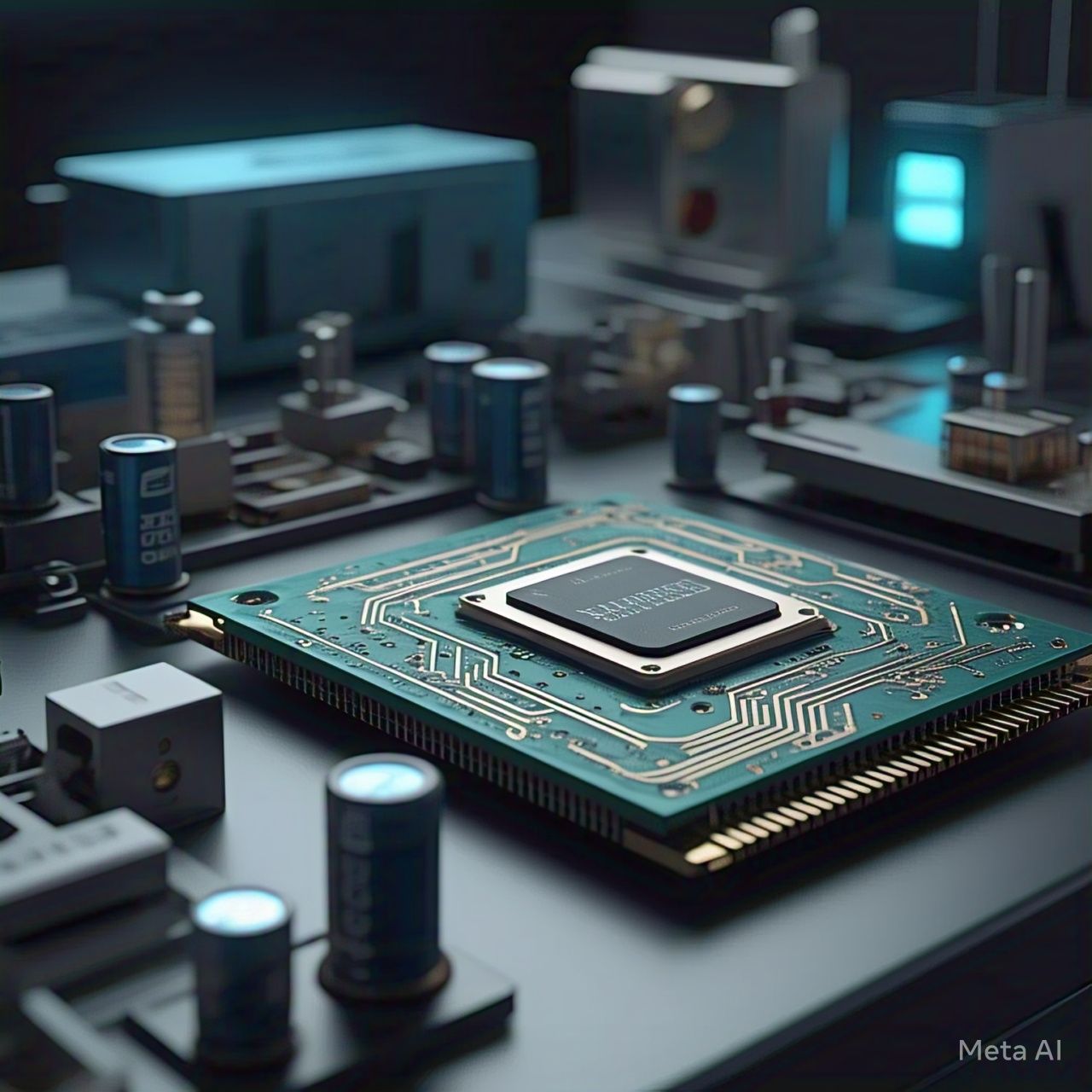Introduction
Artificial intelligence (AI) is reshaping the financial landscape, revolutionizing how both retail investors and institutional traders approach the markets. While AI-powered tools provide retail investors with advanced trading insights and automation, institutional traders leverage AI for large-scale algorithmic trading, risk management, and deep market analysis. The impact of AI varies significantly between these two groups, influencing their strategies, decision-making processes, and overall market participation. In this article, we explore how AI is transforming trading for both retail investors and institutional traders.
AI in Retail Investing
Retail investors, who typically trade with smaller capital and limited resources, have benefited immensely from AI-driven platforms. AI democratizes access to sophisticated trading tools that were once exclusive to institutional traders.
1. AI-Powered Trading Platforms
Retail investors now have access to AI-driven trading platforms that offer automated investment strategies, portfolio optimization, and real-time market analysis.
2. Sentiment Analysis and News Aggregation
AI analyzes financial news, earnings reports, and social media sentiment to provide insights into potential market movements, helping retail traders make informed decisions.
3. Robo-Advisors for Automated Investing
Robo-advisors use AI to create personalized investment portfolios based on an individual’s risk tolerance and financial goals, making wealth management more accessible.
4. Risk Management and Fraud Detection
AI-powered tools help retail investors mitigate risk by identifying market anomalies, suggesting stop-loss strategies, and detecting fraudulent activities in financial transactions.
AI in Institutional Trading
Institutional traders, including hedge funds, banks, and asset management firms, utilize AI on a much larger scale to gain competitive advantages in financial markets.
1. High-Frequency Trading (HFT)
AI-driven high-frequency trading executes thousands of trades per second, capitalizing on minor price discrepancies to generate substantial profits.
2. Advanced Predictive Analytics
Institutional traders use AI models trained on vast datasets to identify complex market patterns and predict asset price movements with high accuracy.
3. Risk Assessment and Portfolio Optimization
AI continuously monitors global market conditions, enabling institutional traders to adjust their portfolios dynamically and manage risk efficiently.
4. Algorithmic Trading Strategies
AI-powered algorithms execute large-scale trades based on real-time market data, reducing latency and maximizing profitability.
Key Differences Between Retail and Institutional AI Usage
| Feature | Retail Investors | Institutional Traders |
|---|---|---|
| Capital Size | Smaller individual investments | Large-scale capital deployment |
| AI Usage | Trading bots, robo-advisors, sentiment analysis | High-frequency trading, predictive modeling, deep learning |
| Risk Management | Basic AI-powered risk alerts | Sophisticated AI-driven risk assessment tools |
| Market Influence | Limited impact on overall market trends | Significant influence on liquidity and price movements |
Challenges and Limitations
1. Access to AI Technology
While AI has leveled the playing field, institutional traders still have access to more advanced tools and proprietary AI models, giving them a competitive edge.
2. Data Quality and Bias
Both retail and institutional traders rely on data-driven AI models, but poor data quality or biased algorithms can lead to inaccurate predictions and financial losses.
3. Regulatory Concerns
AI-driven trading, particularly in high-frequency trading and automated strategies, raises concerns about market fairness and regulatory oversight.
4. Emotional Trading vs. AI Discipline
Retail investors often make emotionally driven decisions, while institutional traders rely on AI to execute trades based purely on data-driven strategies.
The Future of AI in Trading
The future of AI in trading will continue to evolve, bringing new opportunities and challenges for both retail and institutional traders. Key trends include:
- AI-Powered Personalized Trading Assistants – Retail investors will have access to AI-driven personal trading assistants tailored to their investment goals.
- AI and Blockchain Integration – Secure and transparent AI-powered trading solutions will become more prevalent.
- Enhanced Market Prediction Models – AI algorithms will become more sophisticated, improving accuracy in forecasting market movements.
- Increased Regulatory Oversight – Governments and financial authorities will establish guidelines to ensure ethical AI-driven trading practices.
Conclusion
AI is transforming trading for both retail investors and institutional traders, providing advanced tools for market analysis, automation, and risk management. While retail investors benefit from greater accessibility to AI-driven platforms, institutional traders leverage AI to execute complex strategies at scale. As AI technology advances, the financial markets will continue to evolve, creating new opportunities and challenges for all market participants.





